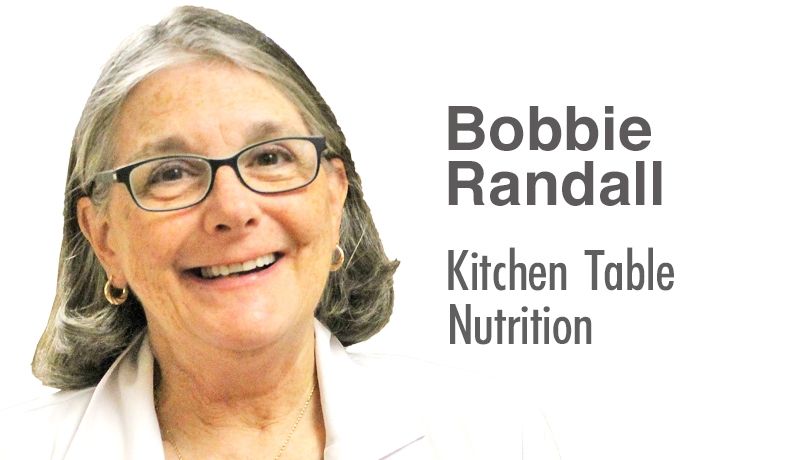Hand-washing basics to prevent sickness
- col-bobbie-randall
- September 29, 2023
- 756
Body fluids are very personal. Everyone has their own set of bacteria that live in and around them. Most of the time when two people meet, these bacteria do not pose a threat to the other person, but there are instances when a person’s body fluids should be kept to themselves.
Sneezing and coughing are prime opportunities for one person’s germs to invade the space of another person’s body. Youngsters are taught at an early age to cover their mouths when they cough and sneeze into their elbow. Washing your hands after coughing or sneezing is an act of kindness to others.
In the past answering a sneeze with “God bless you” was a prayer that no harm would come to the sneezer. Now it often means, “May God bless you if any of your harmful bacteria landed on me; I don’t want to get sick.”
It is estimated washing hands with soap and water can reduce illness, especially diarrhea-associated diseases and deaths, by 50%. In fact, approximately millions of deaths a year could be avoided with proper hand hygiene. Respiratory infections can be reduced by nearly 20%.
The news of another worldwide epidemic is enough to scare everyone into washing their hands often. Hand sanitizers are helpful in controlling harmful bacteria. Truthfully, they do not eliminate all types of germs. Hand washing properly has a much better effect than sanitizers.
Most people are taught at a young age to wash their hands. Here is a review of what your parents taught you: Use warm water at little warmer than your skin. It does not have to be scalding hot. Lather soap all over your hands. This loosens the dirt and bacteria from the cracks and creases. The more wrinkles in your hands, the longer the scrubbing should last because the spaces are deeper and bacteria love to hide.
Research tells us that the soap does not sanitize the hands; the scrubbing friction of getting into the hidden spaces of skin does the sanitizing. So scrub those palms, fingers and backs of your hands for at least 15 seconds with soap, then rinse. Do not forget to wash your thumbs. So many people will admit to forgetting to wash this important digit. Don’t be one of them.
Dry your hands thoroughly with a clean towel or a single-use towel. Germs love to live on wet towels. They lie in wait to contaminate the next person. Use the towel to turn off the water. Open the door with the dry part of the towel or part of your clothing. Studies have revealed bacteria do not grow on dry metal surfaces, but if they are wet from the previous person, germs can multiply. You may be picking up nasty bacteria if you handle a wet handle.
If someone told you that you could get 50% fewer colds, flus and viruses if you would just wash your hands properly, would you pay attention? Someone just did. Don’t forget to wash your thumbs.
Bobbie Randall is a certified diabetes care and education specialist and registered, licensed dietitian. Email her at bobbierandallrd@gmail.com.

